
Australian gov’t launches $35m childhood cancer research consortium
It is backed by $35m investment from the state and $10m from the Children’s Cancer Foundation.
The Allan Labor Government has announced the establishment of the Victorian Paediatric Cancer Consortium (VPCC Ltd) to advance childhood cancer research.
The initiative is backed by a $35m investment from the state government, along with $10m from the Children’s Cancer Foundation.
Medical Research Minirster Ben Carroll unveiled the consortium, which aims to drive lifesaving breakthroughs in childhood cancer treatment.
Udani Reets, formerly of the Peter MacCallum Cancer Centre, will serve as the inaugural CEO, supported by a board chaired by former Federal Chief Medical Officer Professor Brendan Murphy AC.
The VPCC will unite experts from leading institutions, including the Hudson Institute, Murdoch Children’s Research Institute, and Monash Children’s Hospital. Each year, over 1,000 children in Australia are diagnosed with cancer, and more than 100 children lose their lives to the disease.
The initial program will receive $2.2m to establish a biobank at Monash and Royal Children’s Hospitals for critical research and clinical trials. Additionally, funding will support a Next Generation Precision Medicine Program at the Hudson Institute, utilizing artificial intelligence to discover new treatments.
The investment reinforces Victoria's position as a leader in cancer research, following the recent opening of the $152m Paula Fox Melanoma and Cancer Centre and the Brain Cancer Centre’s clinical trial program.
Overall, the Labor Government has invested over $1b in medical research in the past decade, solidifying Victoria's role as a global hub for medical innovation.
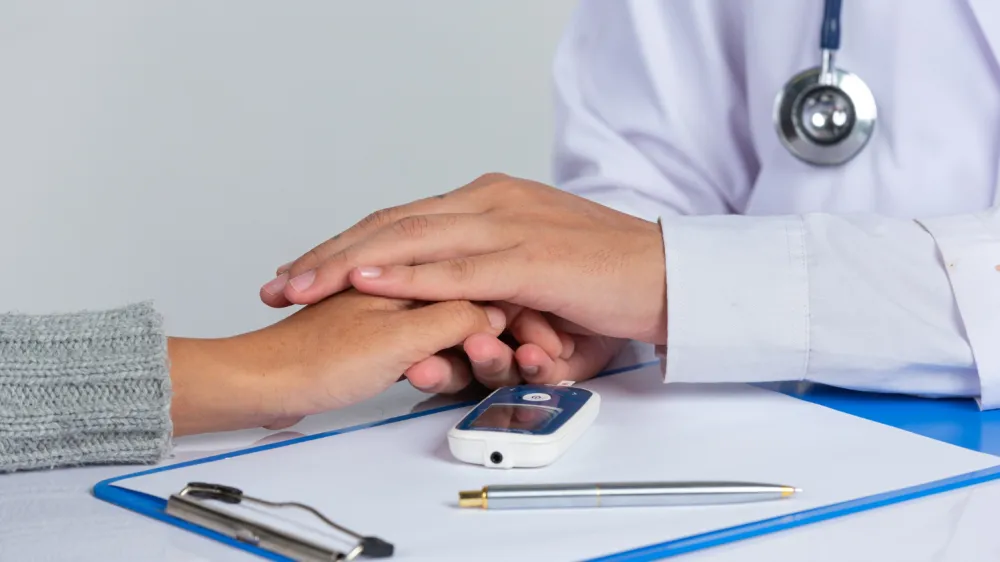
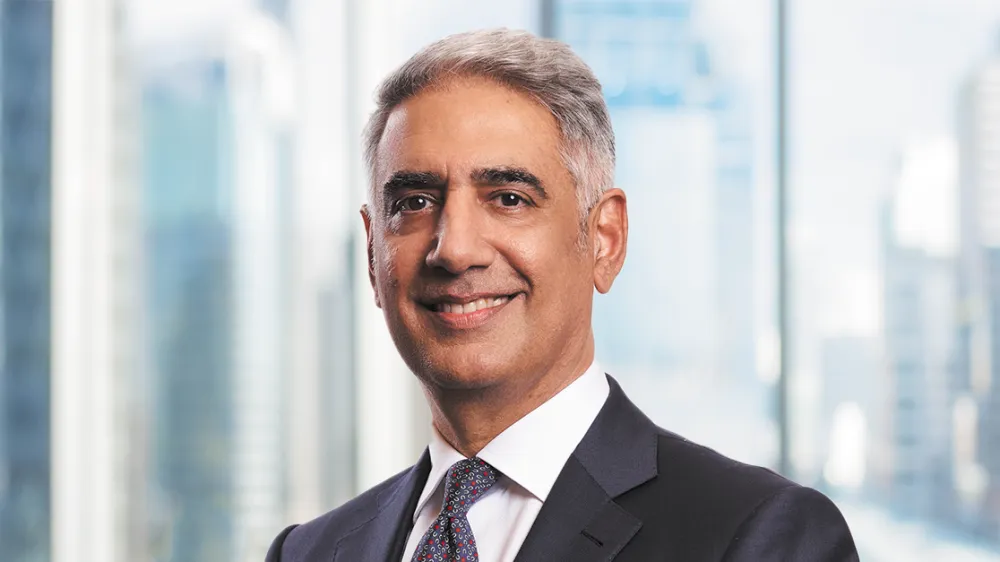
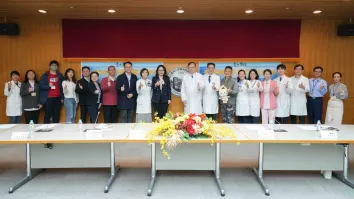
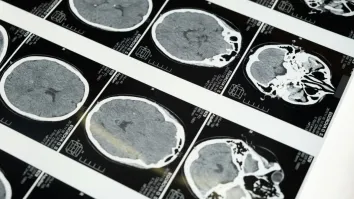
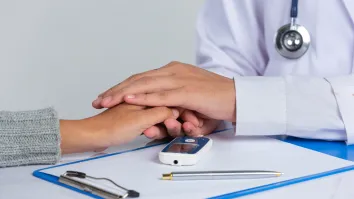














 Advertise
Advertise






